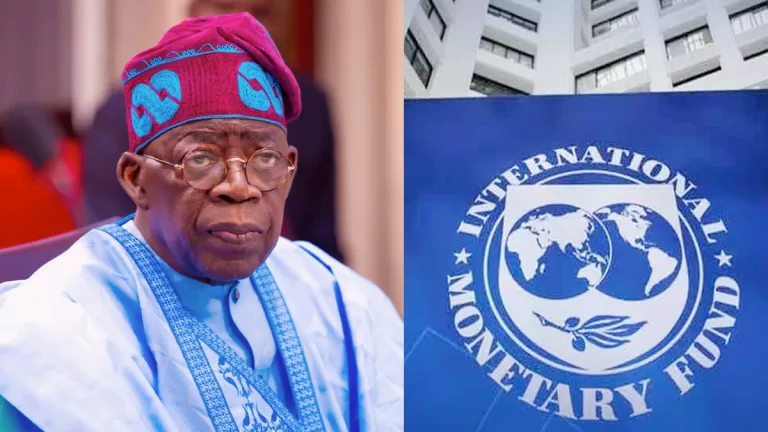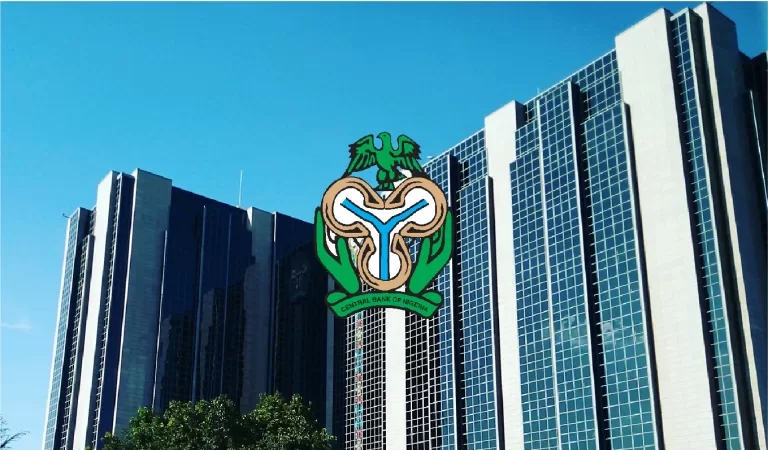
Foreign nationals who overstay their visas in Nigeria by more than six months will face a five-year entry ban, while those who overstay for a year will be barred from re-entering for a decade, according to new federal immigration reforms announced Friday.
The new penalties, which include a daily fine of $15 from the visa’s expiration date, will come into full effect on August 1, following a three-month grace period starting May 1.
Interior Minister Olubunmi Tunji-Ojo unveiled the sweeping immigration overhaul at a stakeholder meeting hosted by the Nigeria Employers’ Consultative Association (NECA) in Lagos. The changes, he said, are designed to end chronic visa abuse, improve data accuracy, and modernize the country’s expatriate management system.
“People say they’re visiting for two weeks and end up staying 30 years — working illegally. That must stop,” Tunji-Ojo said.
A Digital Overhaul of Immigration Processes
Among the key features of the new system are:
- Automated Landing and Exit Cards
- Electronic Visa (e-Visa) with 48-hour processing
- Mandatory Expatriate Comprehensive Insurance
- Digital CERPAC (Combined Expatriate Residence Permit and Aliens Card)
- Revised Expatriate Quota System
Tunji-Ojo noted that Nigeria has records of fewer than 50,000 expatriates, a figure he described as “wildly inaccurate.”
“No nation can plan without reliable data,” he said. “Automation is our answer.”
Landing and Exit Cards, previously filled out by hand, will now be completed online. Expatriates will be required to leave Nigeria on or before their visa expiry and seek any extensions from outside the country.
$15 Daily Fine and Employer Liability
Beginning August 1, all foreign nationals who overstay will be fined $15 per day, and employers will be held accountable for violations committed by their foreign staff.
Visa-On-Arrival Scrapped for More Secure e-Visas
The popular but controversial visa-on-arrival policy will be replaced with an electronic visa platform designed to curb corruption and eliminate unofficial channels.
“We’re removing bottlenecks and making Nigeria more attractive for legitimate business and tourism,” Tunji-Ojo said. “No more lobbying. No more paper trails.”
New Insurance to Cut Repatriation Costs
The government has also introduced mandatory annual insurance for expatriates to cover the cost of repatriation — a move aimed at reducing federal expenditure.
“We spend billions repatriating people annually. That money should be building roads and schools, not flights for deportation,” he said.
The insurance fee will be collected alongside the newly digitized CERPAC.
The upgraded CERPAC will also be linked with Interpol databases, enhancing background checks and national security screening for foreigners entering Nigeria.








